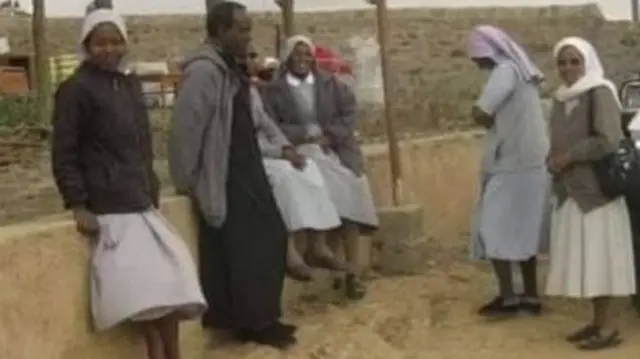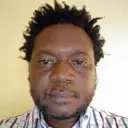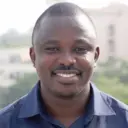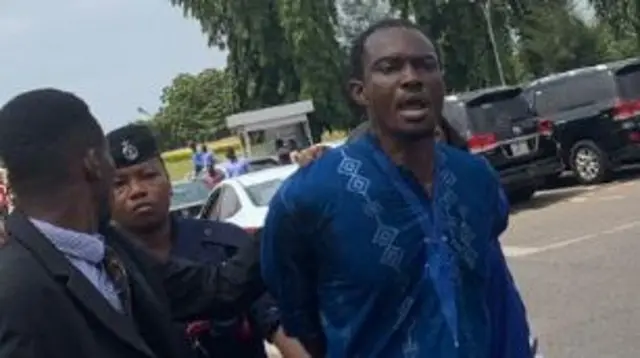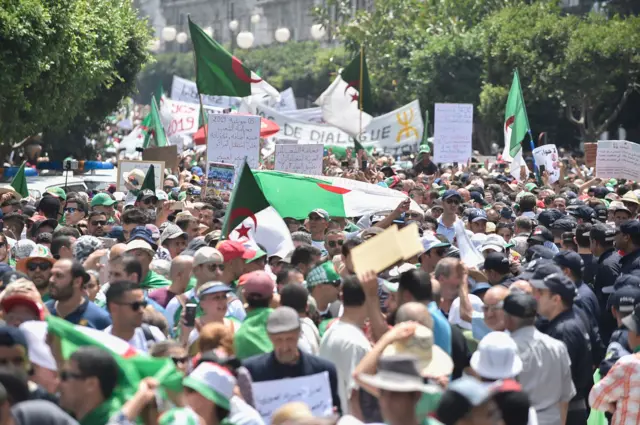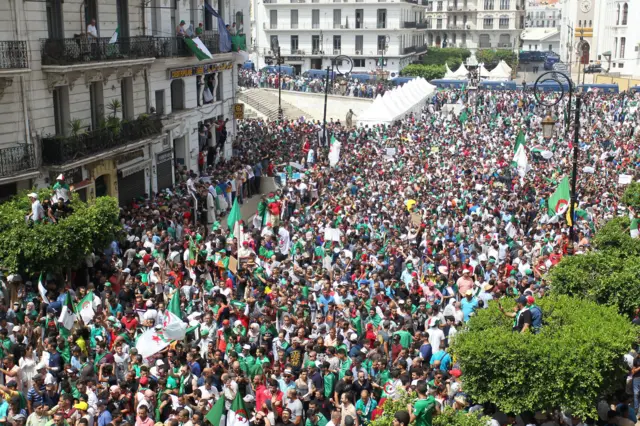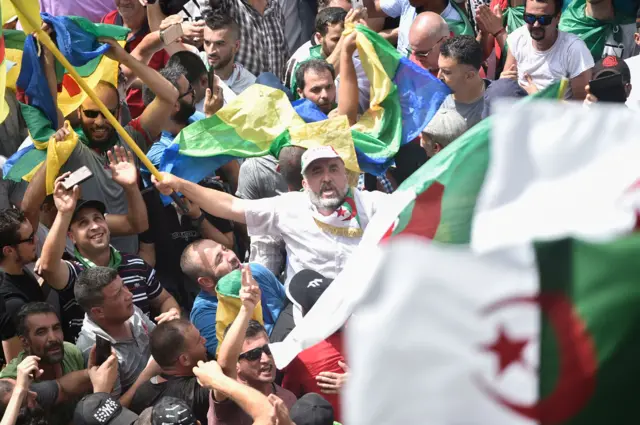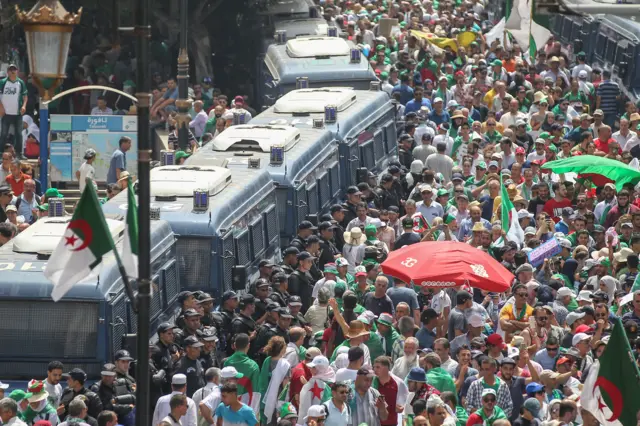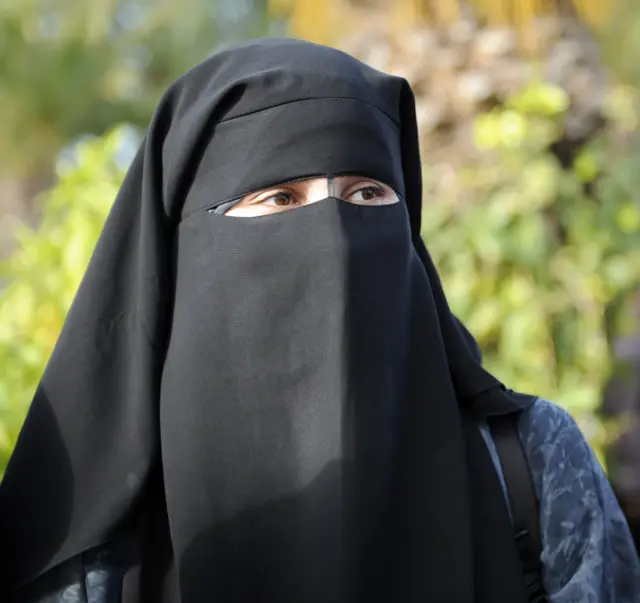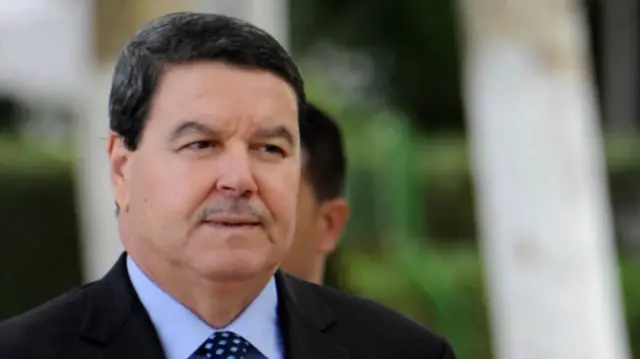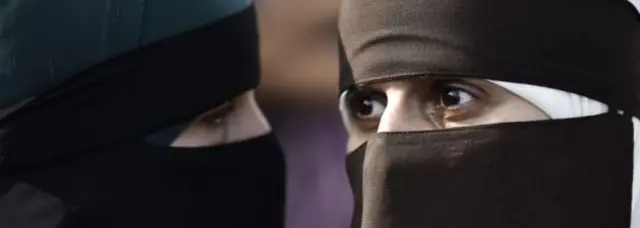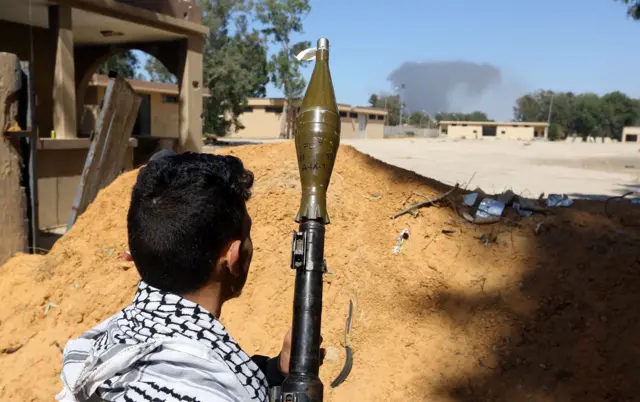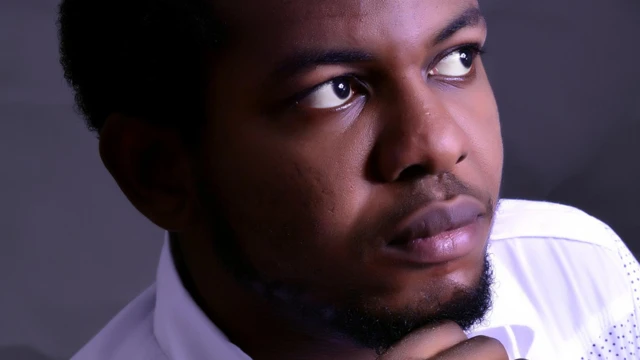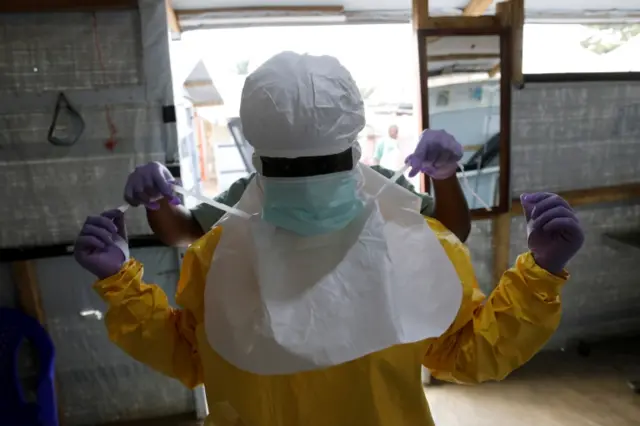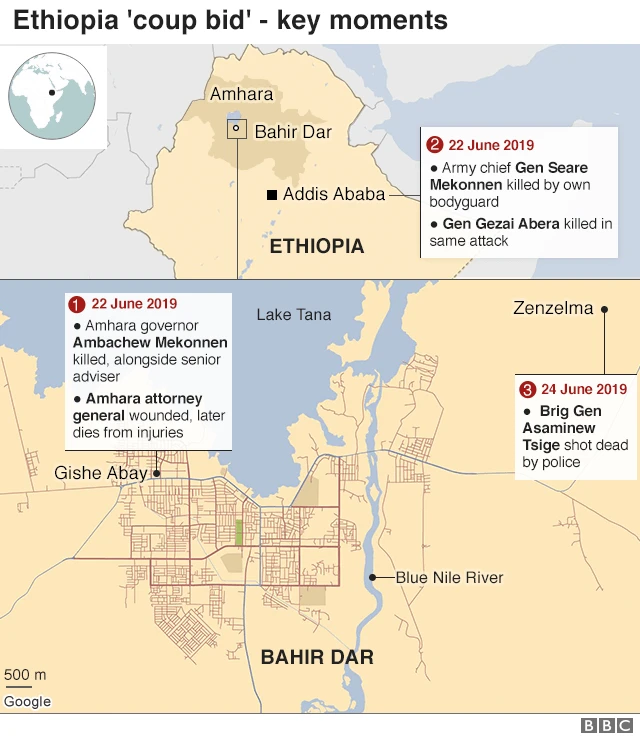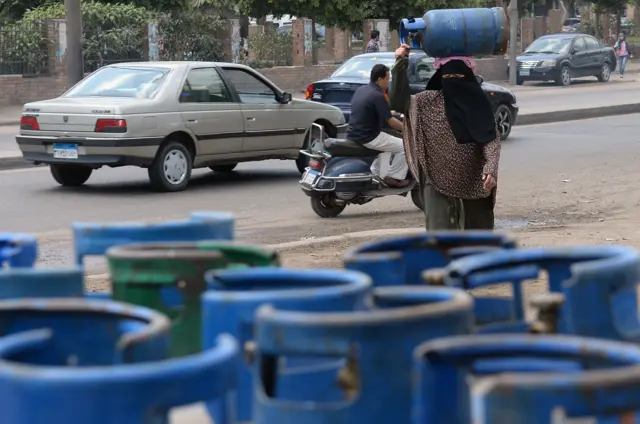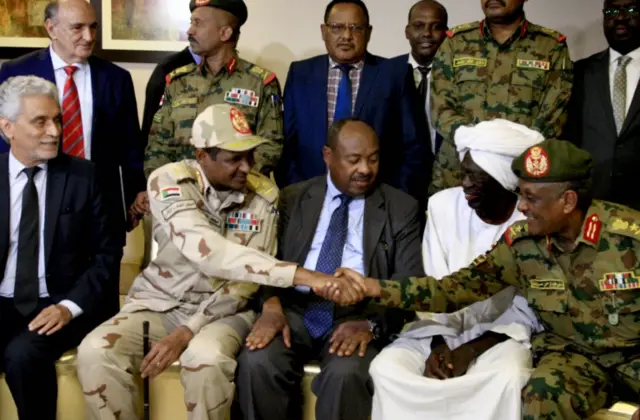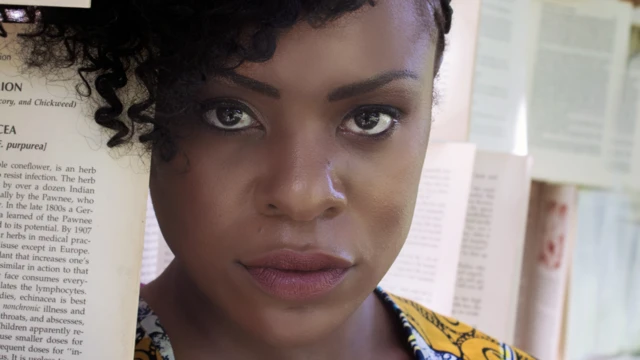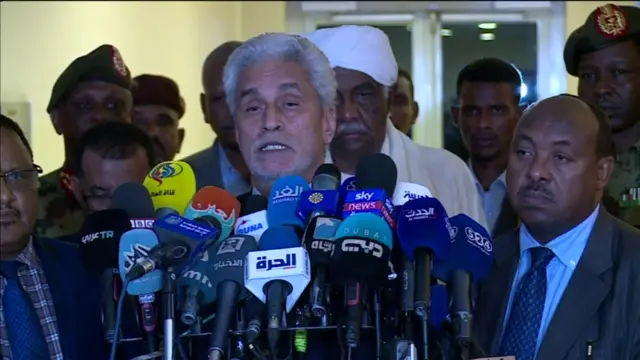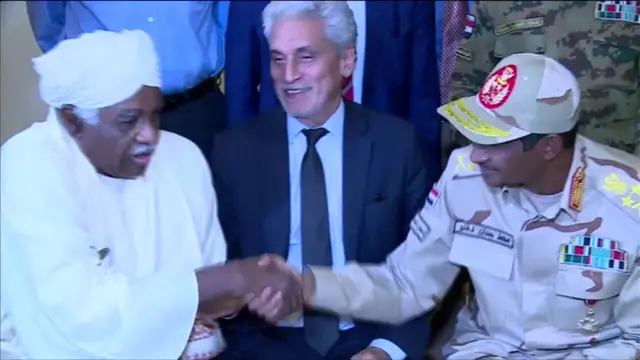Scroll down for this week's storiespublished at 18:16 BST 5 July 2019
We’ll be back on Monday
BBC Africa Live
Damian Zane, Nduka Orjinmo and Clare Spencer
That's all from BBC Africa Live for now. Keep up-to-date with what's happening across the continent by listening to the Africa Today podcast or check BBCAfrica.com.
A reminder of our wise words:
Quote MessageIt is a light rain that chases a child indoors."
A Yoruba proverb from Nigeria sent by Ademola in Atlanta, the US
Click here and scroll to the bottom to send us your African proverbs.
And we leave you with one of our favourite pictures from this week - check out Sadio Mane's face!
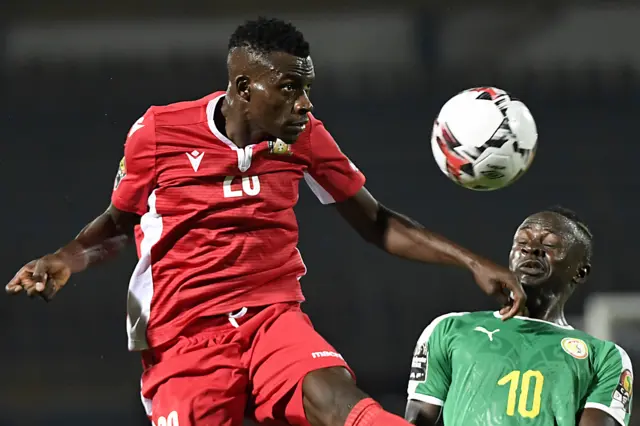 Image source, Getty Images
Image source, Getty ImagesMane's Senegal won 3-0 in Monday's Africa Cup of Nations match against Kenya.
To keep up with the latest scores from the rest of the matches from that tournament over the weekend, check out our African football coverage.
